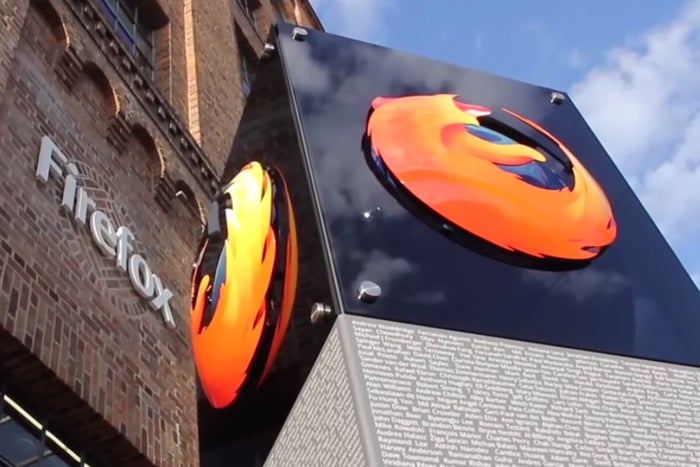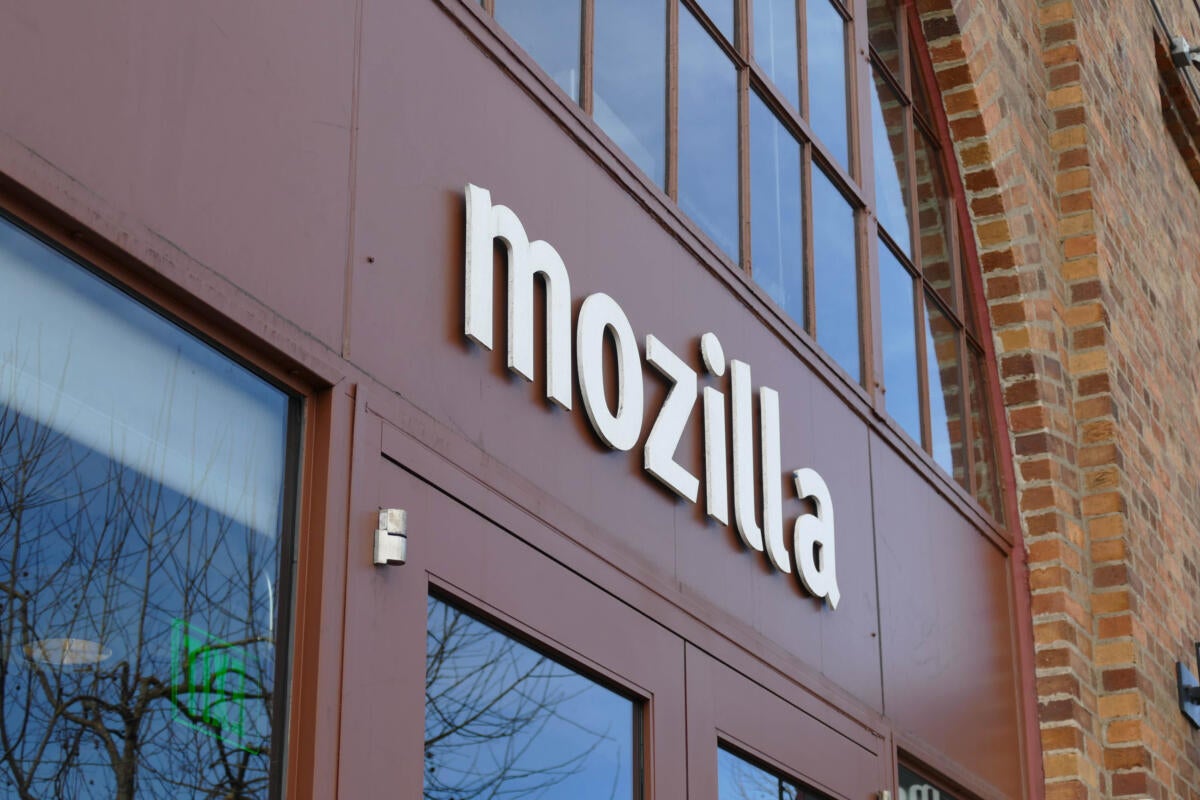Microsoft delivers emergency security update for antiquated IE

Credit to Author: Gregg Keizer| Date: Tue, 24 Sep 2019 03:00:00 -0700
Microsoft on Monday released an emergency security update to patch a vulnerability in Internet Explorer (IE), the legacy browser predominantly used by commercial customers.
The flaw, which was reported to Microsoft by Clement Lecigne, a security engineer with Google’s Threat Analysis Group (TAG), has already been exploited by attackers, making it a classic “zero-day,” a vulnerability actively in use before a patch is in place.
In the security bulletin that accompanied the release of the IE patch, Microsoft labeled the bug a remote code vulnerability, meaning that a hacker could, by exploiting the bug, introduce malicious code into the browser. Remote code vulnerabilities, also called remote code execution, or RCE, flaws, are among the most serious. That seriousness, as well as the fact that criminals are already leveraging the vulnerability, was reflected in Microsoft’s decision to go “out of band,” or off the usual patching cycle, to plug the hole.





